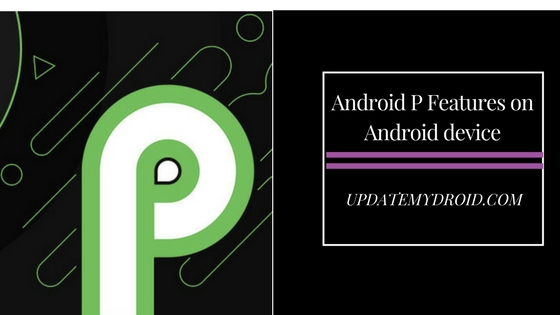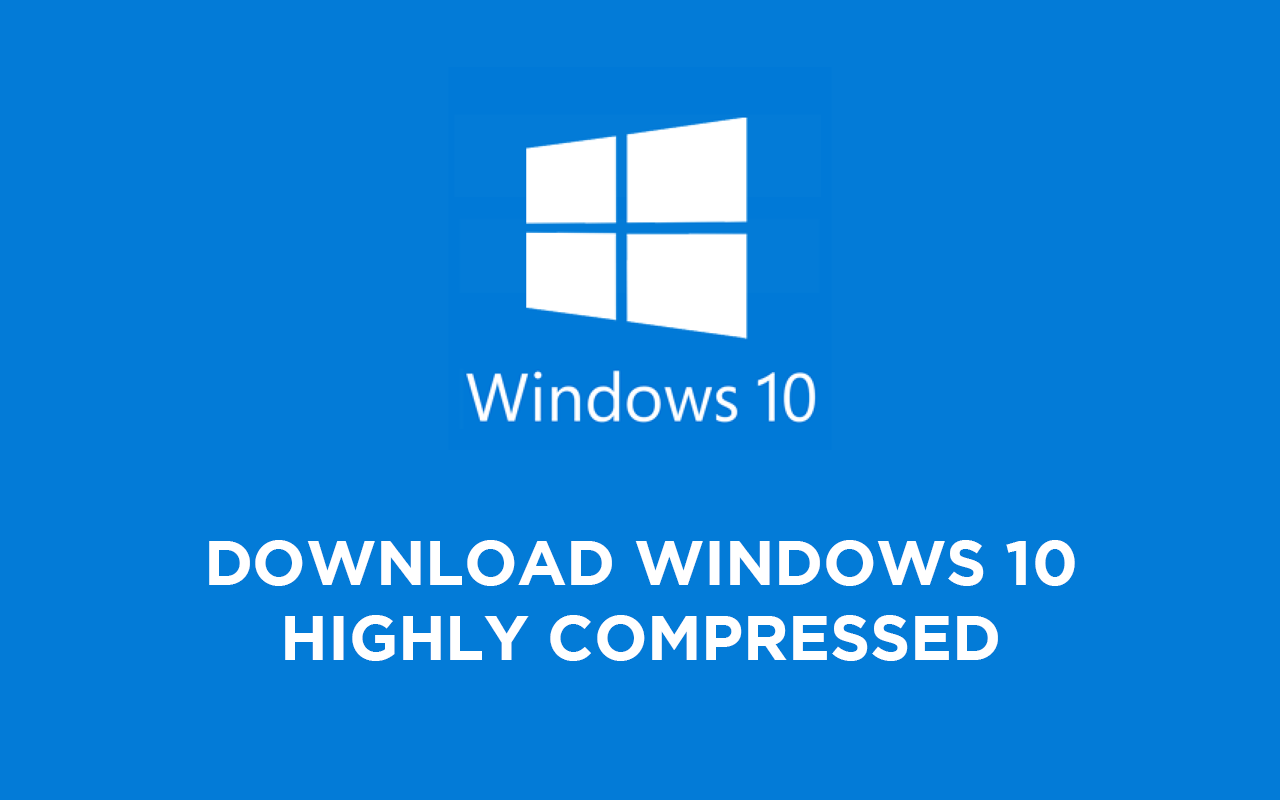When owning a business, there is a lot you need to know. You must be an expert in your product or service, plus you need to manage people, and make sure that your day-to-day operations are covered. One of the biggest decisions when starting a business, especially a tree care business, is what kind of tree business insurance coverage you need. If you are not already familiar with the ins and outs of business insurance, then it can be hard to wade in and make choices. It’s always best to have a good base of knowledge so that you aren’t searching for coverage blind. Here are some of the most important business insurance terms that you need to know.
Table of Contents
Business Owner’s Policy, Business Insurance Terms-
As you shop around for coverage, you will come across the term “business owner’s policy.” This is most commonly referred to by the acronym BOP. While there are many facets to business insurance coverage, a BOP is a combination of those options to provide your business with comprehensive coverage. A typical BOP wil have commercial liability, cyber insurance, property insurance, and professional liability. In many cases a BOP works like any bundled service package. You can get everything you need and get a discount compared to the price you would have paid to buy each equally. That said, for some businesses, a BOP may not have everything you need. It always depends on what specific risks your business carries.
Certificate of Insurance
There are several circumstances where you might require a certificate of insurance (COI). This includes any time that you are entering into a contract with another party. This could be when you are partnering with another business on a project, or renting office space or equipment. A certificate of insurance provides proof that a party has coverage, and also outlines the amount that they are protected for. That way any risk on a project is shared and everyone can be certain that everyone else is properly insured.
Premium
The premium is how much you are paying for your coverage. This is simply the amount every year or month that you provide to your insurance provider. This could include a commision if you go through a broker, or there may be other fees involved as well.
Deductible
The deductible refers to how much you will be responsible for before your insurance coverage kicks in. In many insurance plans you can alter this number. However, it can affect how much you play in premiums. The higher the deductible, the lower your premiums, and vice versa. The deductible you choose will depend on how much your budget is on a monthly basis and what kind of funds you can put aside for unexpected costs.
Peril
“Peril” is a term you will come across a lot when researching and discussing your coverage with a broker. It refers to a specific risk that you want to have covered. Perils can include anything from fire, to theft, to customer injury, to anything in between. Some policies may be very inclusive of perils, and only exclude those that are specifically chosen to be. Other policies involve picking and choosing what coverages to keep and which to discard. No matter what, if a peril is not in your coverage, then you will not be protected against it.
Errors and Omissions
Too many businesses either don’t realize that this coverage exists, or they think they don’t need it. Errors and omissions insurance provides coverage if you or an employee causes loss to a client through your advice or actions. This is protection for service-based businesses. This can include financial planners, real estate agents, contractors, and accountants. Some industries mandate that businesses have this coverage to protect the service provider and protect clients. If you are unsure, check out the details of e&o insurance online to see if you need it and to purchase a policy.
Rider
Many insurance policies and coverages tend to be standard across all providers. They also offer protection against certain perils and risks, but not others. You may not need certain coverages, but want them in specific circumstances. In those cases you can add protection for something for a temporary time period. To do this, you would add what’s known as a rider to your policy. The rider allows you to modify your policy without having to buy an entirely new one.
Loss
A loss refers to the financial damages that result from an incident. This can include lost wages if someone has to miss work due to an injury, or the financial burden of medical and rehabilitation costs. A loss can also refer to the damages a client has suffered as a result of errors on the part of your business. In general, insurance coverage is intended to provide compensation for losses.
Liability
For any insurance claim, a party must be found liable for the damages. Unfortunately, owning a business means that there is a very good chance that you will be sued at some point. Liability coverage means that you will be protected even if you are found liable for an incident. It will cover your legal costs as well as any damages that you are ordered to pay.
Replacement Cost
Sometimes the loss isn’t a direct financial one. In many cases the loss is an asset that carries a certain value. The replacement cost is a representation of that value. This term will be relevant if someone makes a claim against you for property damage, for example. It will also apply if you suffer commercial property damage and seek compensation from your insurance provider. This cost may not always reflect what you paid for something, so it’s important that you clarify with your provider how they will assess replacement cost and value.
Insurance isn’t as simple as it might seem, especially when it comes to business coverage. The last thing you want is to find out that you are not covered for something because you didn’t understand your policy. This guide of common items and Business Insurance Terms will help you make educated decisions about your coverage options.











![How to Unlock Bootloader without PC On Android [2022]](https://cracktech.net/wp-content/uploads/2019/02/unlock-boot.png)